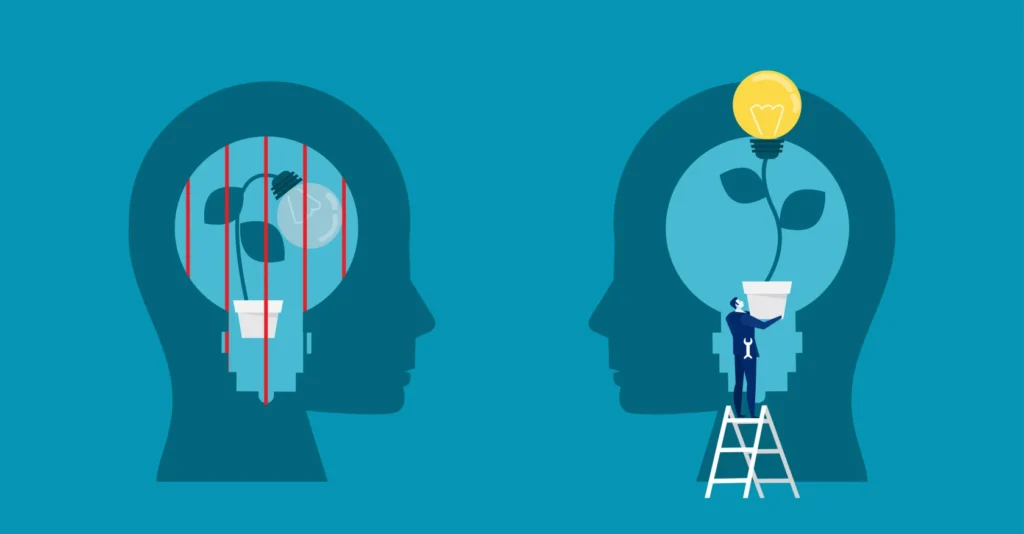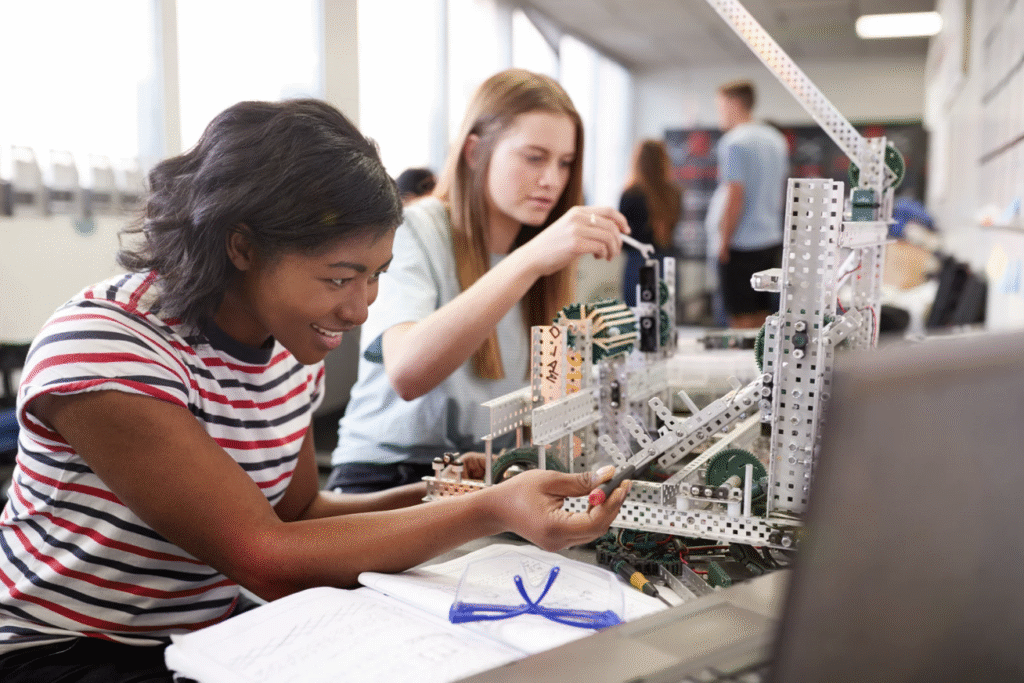New evidence-based course for instructors—available now!
Reports
-
-
California Bar Exam Strategies & Stories Program
Evaluating a Productive Mindset and Structural Intervention that Promotes Achievement on California's Bar Exam (2025)
-
The Student Experience Project
Increasing Equity in College Student Experience: Findings From a National Collaborative (2022)
Early findings and lessons learned from the Student Experience Project and future directions for university leaders seeking to systematically measure and improve student experience.
-
California Community Colleges: Student & Faculty Mindsets
Student Impacts of Faculty Mindsets in California Community Colleges (2022)
Brief overview from project examining how mindsets of faculty and counselors from participating California Community Colleges influence their attitudes about policies, practices they adopt, and their students’ experiences.
-
California Community Colleges: Faculty Growth Culture Practices
Fostering Faculty Growth Culture Practices in California Community Colleges: Summary Report (2023)
Findings from a project with professional development opportunities to support California community college faculty in creating equitable classroom environments.
-
Accelerating Equity And Access To Justice In Courts
Accessing Justice with Zoom: Experiences and Outcomes in Online Civil Courts (2023)
Final report comparing the experiences and outcomes of unrepresented persons attending civil proceedings in person with those accessing court remotely.
In the News
-
Online PD Resource Trains Educators on ‘Growth Mindset’
Government Technology: Center for Digital Education
-
The New Science of Developing Work Cultures of Growth
Love in Action with Marcel Schwantes
-
How to Overcome the Fixed Mindset and Create Cultures of Growth with Dr. Mary C. Murphy
How to Be Awesome at Your Job
Publications
-
The evolution of mindset research: Forging connections across individuals, situations, and cultures
Advances in Experimental Social Psychology
Mary C. Murphy, Katherine T.U. Emerson, Kathryn M. Kroeper, Dorainne J. Green
-
Who Gets to Belong in College? An Empirical Review of How Institutions Can Assess and Expand Opportunities for Belonging on Campus
Educational Psychology Review
Kathryn M. Kroeper, Maithreyi Gopalan, Katherine T. U. Emerson & Gregory M. Walton
-
Safeguard or Barrier: An Empirical Examination of Bar Exam Cut Scores
Journal of Legal Education
Michael B. Frisby, Sam C. Erman, and Victor D. Quintanilla
-
-
Where and With Whom Does a Brief Social-Belonging Intervention Promote Progress in College?
Science
Walton, G.M., Murphy, M.C., Logel, C., Yeager D.S., Parker-Goyer, J., Brady, S.T., ... Krol, N. (2023)
-
A Customized Belonging Intervention Improves Retention of Socially Disadvantaged Students at a Broad-access University
Science Advances
Murphy, M.C., Gopalan, M., Carter, E.R., Emerson, K.T.U., Bottoms, B.L., & Walton, G.M. (2020)







